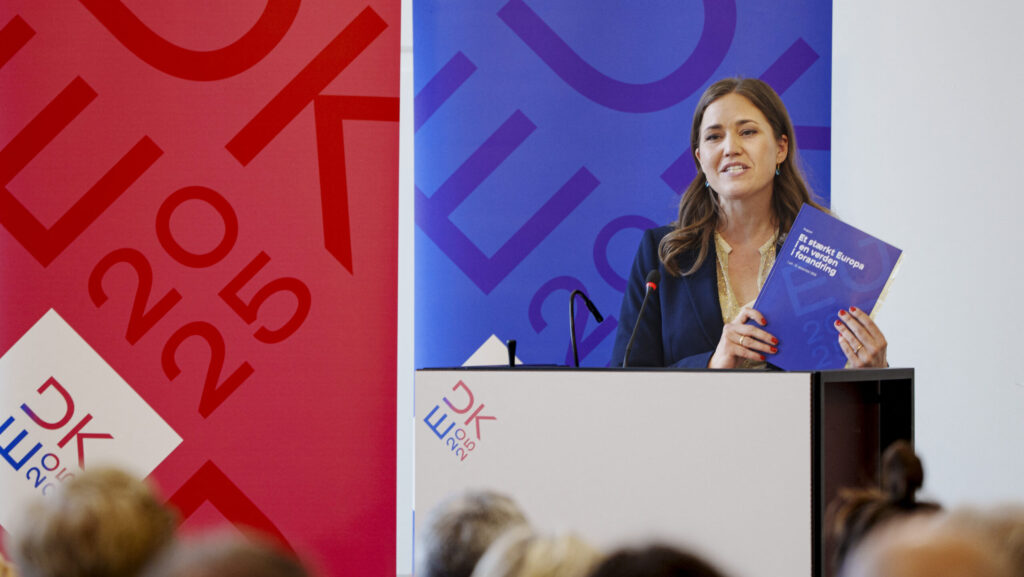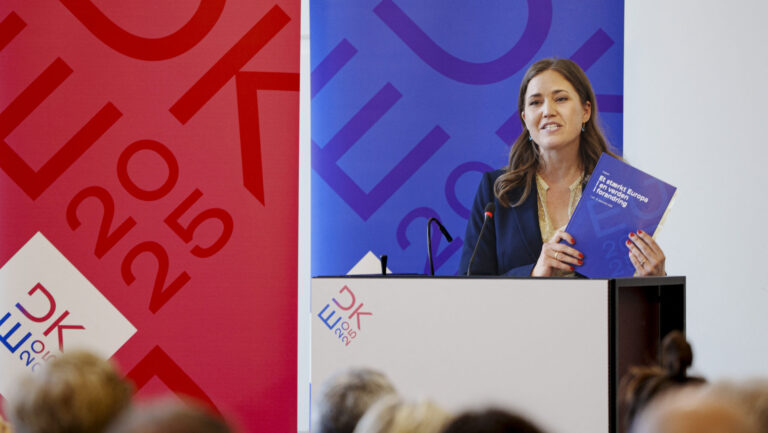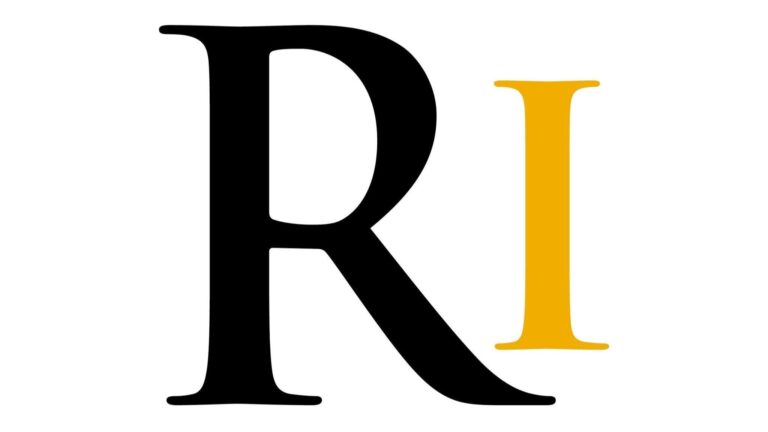As we reported earlier today, yesterday, on 25 October Minister of Culture and Innovation János Csák announced the expansion of the government’s home purchase subsidy scheme (CSOK), known as CSOK Plus. The announcement came at a time when the Hungarian housing market has taken a downturn due to high interest rates.
In virtually every country in the world, interest rates had to be significantly increased to curb inflation. The global inflation was mainly caused by governments’ stimulus programmes, usually funded by increased national debt, that were put in place to mitigate the economic damage caused by the COVID-19 pandemic and its consequent shutdowns.
Hungary was no exception to that. The Central Bank’s base rate has been significantly raised in the last three years.
In June 2020, it stood at just 0.6 per cent. By late 2022, it was raised to 13 per cent—the first decrease in over three years came just last month, when the rate was cut down to 12.25 per cent from the previous 13 per cent.
Since banks get more interest from the government on their reserves when the base rate is high, they are less incentivised to give out loans to their customers (even if they are not required to hold 100 per cent of the loaned out sum in reserves, as it is standard practice in every developed country in the world), which significantly brought up the price of mortgages.
Naturally, this affected the Hungarian housing market significantly. Real estate prices started to drop a couple percentage points quarter by quarter, starting in late 2022—another development that is in line with international trends. The number of house purchases has also decreased, by no less than 43 per cent year-on-year in Q1 of 2023, as the Central Bank’s report reveals.
The Hungarian government is clearly doing a lot to revitalize the housing market with its expanded CSOK programme. What’s more, they are doing it while working towards another major goal of theirs—raising birth rates.
The Orbán administration has done a lot to help young couples who want to have children.
This has yielded tangible results already. The Hungarian fertility rate has risen from 1.23 in 2011 to 1.61 in 2021, above the EU average of 1.56 that year. Married couples can take out an interest-free loan from the government up to 10 million HUF (about $30,000), and monthly loan payments are suspended for three years if a child is born. In case a second child is born into the family, another moratorium of three years is introduced, and 30 per cent of the principal amount is forgiven. Women with four children or more are eligible for lifetime income tax exemption. Additionally, mothers under 30, who gave birth to their first child during or no more than two years after their studies, are automatically entitled to full student loan forgiveness.
The home purchase subsidy scheme (CSOK) is one of these family protection measures by the Orbán administration. Since 2015, a total of 233,000 families have applied for CSOK subsidized loans, to the tune of 754 billion HUF. With the recent introduction of CSOK Plus, both of these numbers are expected to rise, even if eligibility requirements have been reasonably raised as well.
For example, loan forgiveness will no longer granted to a couple after the birth of a single child. At least a second baby needs to be born for the family to be eligible for 10 million HUF of the loan to be cancelled. For all subsequent children, an additional 10 million HUF of the principal amount is forgiven. Furthermore, unmarried couples, even if they have been cohabiting, are no longer eligible for the subsidy programme either.
Housing aid programmes or citizens are evidently not unique to Hungary in Europe and the United States—in most Western countries, you can apply for government-subsidized housing aid if you are low income. However, the Orbán administration has cleverly tied it to childbearing incentives to help with the ever-so-pressing issue of low birth rates, which is currently plaguing the whole continent of Europe.
Related articles:








